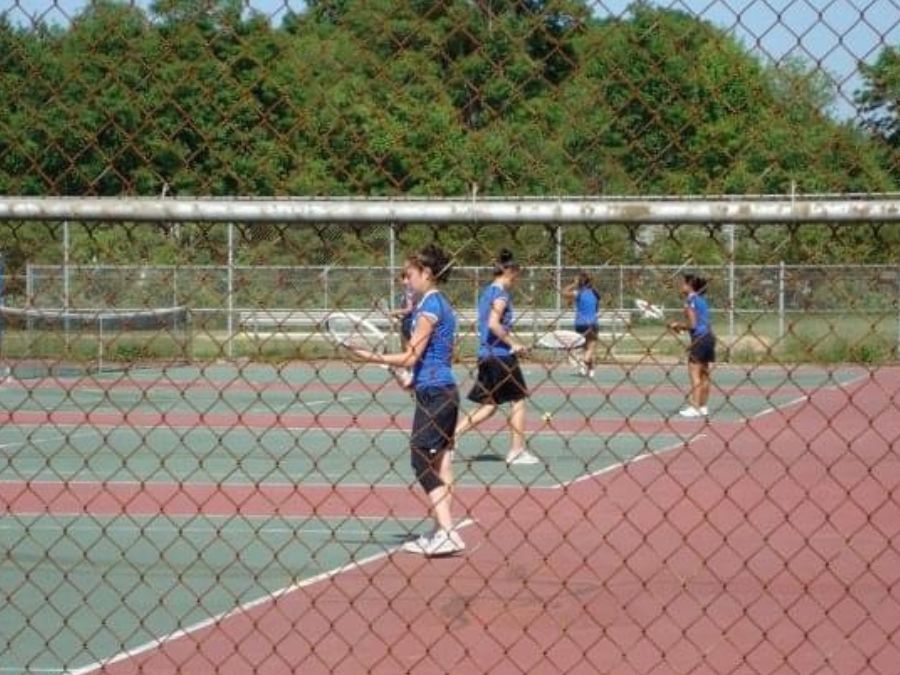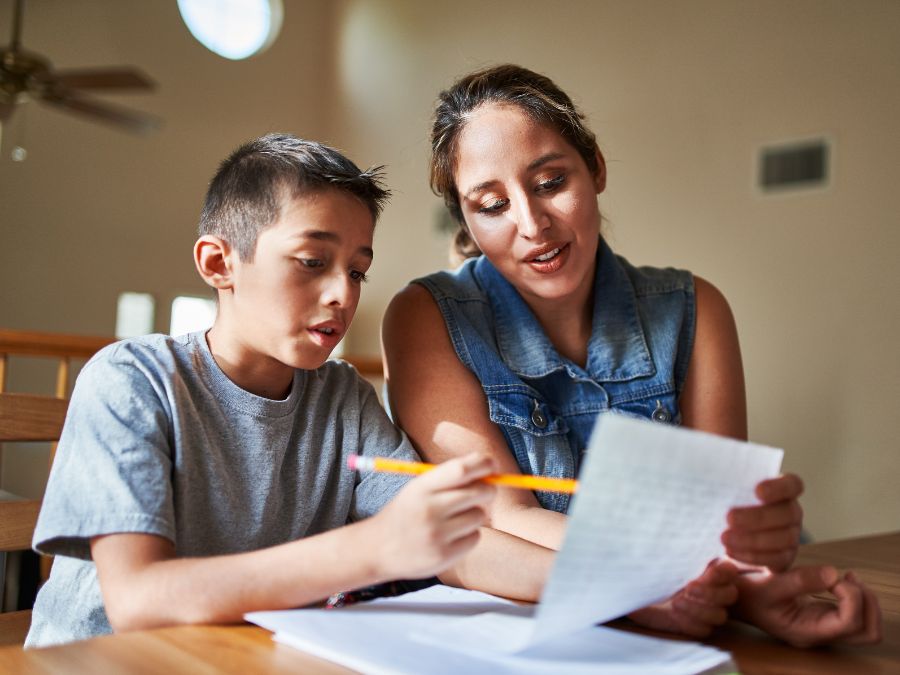
At the HOPE National Resource Center, we talk at length about the Four Building Blocks of HOPE – relationships, environments, engagement, and emotional growth – and their importance in helping children heal and grow into healthy adults. When I think about each Building Block of HOPE, the one that sticks out to me the most is emotional growth. While every Building Block is equally important, emotional growth appears to be more elusive in research and challenging to promote intentionally. It has to do with the internal work of a child or youth and leaving us with less control from the outside world. I mean to say that you cannot plan moments for growth to happen. They happen naturally and are happening all the time. To help build an environment for children and youth that supports the Building Block of emotional growth, use the tools shared below that have helped me and so many others practice this vital Building Block.
Reflecting on my experience with emotional growth
My name is Laura Gallant. I am a research associate at the HOPE National Resource Center, and I write many of our blog posts on the HOPE framework, the Four Building Blocks of HOPE, positive childhood experiences (PCEs), and more. When I first learned about the Four Building Blocks of HOPE, I felt a real connection to the Building Block of emotional growth. It made me think about my adolescence and who I am now as an adult. What sticks out to me is my experience of failures. Growing up, I had to gain a deep well of self-love and self-compassion to help me through these difficult experiences, including situations that often felt out of my control.
Finding new measures of success beyond winning a game
For example, I always think about my time playing sports in high school. I played soccer, swimming, and tennis. In each sport, we would lose – very badly. My teammates and I would often leave the soccer field with a double-digit loss. Our team would score no or little points. It could be demoralizing, but it taught me to look for smaller wins in other places. As a team, we would get back on the bus laughing and yelling and cheering each other on. Because the win was not our highest priority, losing taught us to not take our losses to heart, to not place judgments on ourselves, and to find other ways to define our successes.
Discouraging comparison to focus on your own needs and accomplishments
My time playing sports translated to my experience in school. I found academics to be very challenging. Often, I would compare my abilities and grades to my classmates. I would leave conversations with them feeling as if I was stupid. My parents would encourage me to focus on my own progress and not to measure myself to others’ standards. This helped me focus on what tools I needed to learn more effectively, write papers in my own timeline, and new strategies to help me take tests. Ultimately, I felt more confident in my own performance. I took it less personally when I would get a lower grade on a paper that took me two weeks to write versus my friends who wrote it the night before. Don’t get me wrong. It was still annoying. But, I had less judgment for myself and found pride in knowing how well I understood myself.
Making sense of my past experiences and how they appear in adulthood
I didn’t realize the benefits of all these emotional growth practices when I was younger. As an adult, they are very apparent. I see them more clearly as I understand how positive childhood experiences help the brain heal and build resilience. PCEs helped me through losing my cousin suddenly when he was 18, experiencing a deep depression through my later years of college, and finding the strength to leave an abusive relationship at a young age. I never thought about where my strength came from until I learned about the HOPE framework and formed a deep understanding of PCEs.
Emotional growth happens in hard moments, and how we handle those moments can shape how we see the world and our place in it. Treating children and youth with gentleness and open hearts can help them navigate hard moments with more confidence. We can show them that they do not have to face adversity alone. By working on your own ability to forgive and love yourself through finding that deep space of compassion, we find it a lot easier to extend that same love and compassion to others.
We all have the power to help promote emotional growth for the kids in our lives
Whether in your profession or personal life, here are ways to support the Building Block of emotional growth:
- Show support during and after extracurricular activities. Cheering on the players during a game or sharing praise after a school play shows children and youth that no matter their performance, they are worth celebrating.
- Help relieve the pressures of perfectionism. When mistakes are made, remind them that they are human, and mistakes happen. Mistakes also help us learn and develop our skills. And, ultimately, we do become better at things we are trying to achieve.
- Encourage trying new things and embracing “failure.” We are never perfect at something when we first start something. We won’t be good at it if we never begin.
- Sit with children and youth as they experience difficult emotions. Show them that they are not bad, wrong, or unlovable when these big feelings come up. When we sit, sometimes in silence, we are letting children and youth know they are not alone and what they are feeling is important to us.


